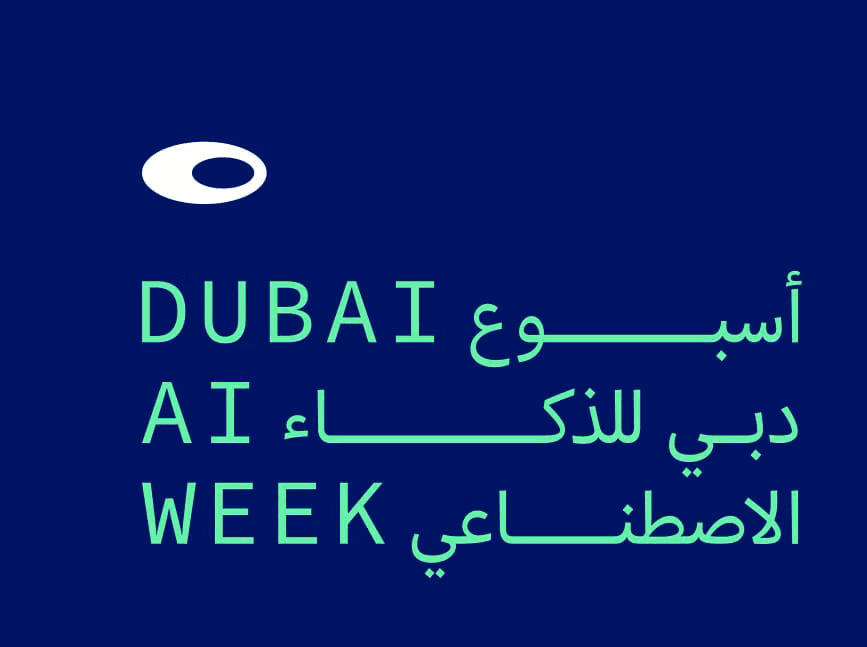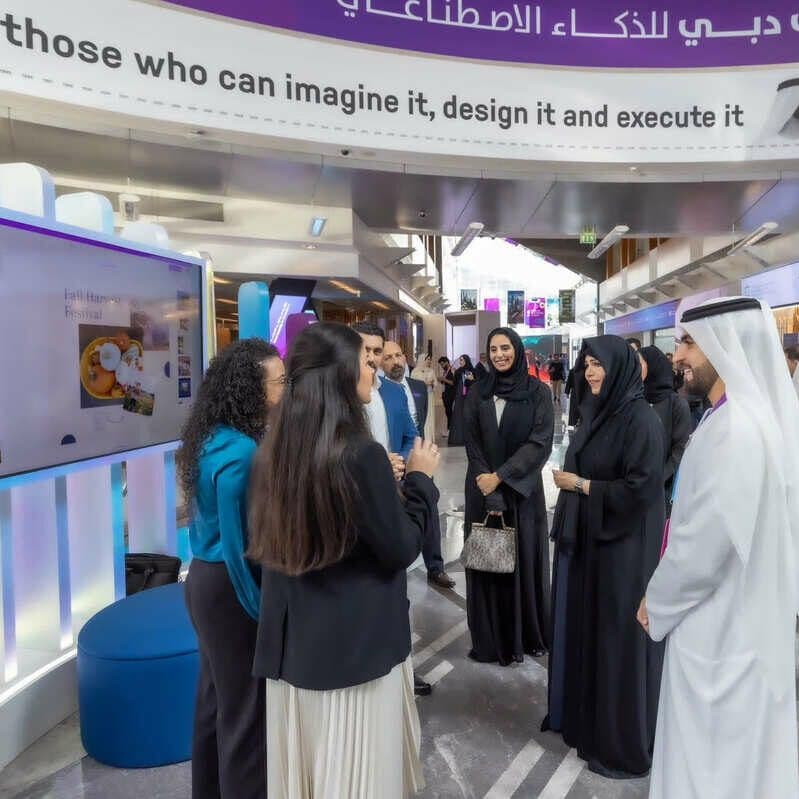
Product Roadmaps After Dubai AI Week 2025
Some time has passed since Dubai AI Week took place from April 21 to April 25, followed by the NextGenAI Summit on May 1. However, the impact was huge. The stories and inferences are everywhere. I decided to check the news and form my own opinion.
The message from the Dubai AI Summit 2025 is clear: “AI-powered” must translate into user value and operational impact. It is not a tool to give it a shot anymore; we should accept it and make it part of our way of working.
Key themes likely to transform product roadmaps include the integration of regulation into design and the development of generative interfaces that compete based on the quality of prompts. That means, prompt engineering will continue to gain importance.
From Assistive to Autonomous
AI is evolving from a supportive assistant to a more proactive role, such as performing tasks, enhancing workflows, and guiding product strategy based on identified trends. This shift redefines ownership and prioritization for product managers, leading to a backlog that is increasingly shaped by insights generated by the system.
At Dubai AI Week, the Agentic AI Hackathon featured 36 teams creating autonomous agents that perform complex tasks with minimal human input, automating workflows such as multi-step coordination and decision-making. These demonstrations illustrate AI's evolution from supportive tools to proactive operators, changing how product managers approach ownership, backlog strategy, and prioritization.
AI-Native Products, Not AI Add-Ons
The most striking presentations showcased AI-native products developed as adaptive systems from the outset, not just as simple enhancements. This transformation emphasizes interpretability, usability, and ongoing feedback as central elements of the design process, creating a product that implies creating a system that learns and grows.
This mindset is also shaping investor expectations. Panels featuring Lucidya, Ombori, and Shorooq made it clear: funding is flowing toward products with embedded AI, rapid iteration, and measurable return on investment (ROI). The emphasis is on outcomes, not buzzwords, placing greater weight on discovery practices and clearly defined success metrics.
Local Ecosystems are Scaling Fast
The MENA region is emerging as a key hub for AI, as governments make substantial investments in infrastructure and startups develop customized solutions for essential sectors like healthcare, logistics, and finance. This indicates a distinct transformation in the global innovation arena: one that is becoming more decentralized and competitive.
Dubai’s Roads and Transport Authority reinforced this momentum by unveiling initiatives in predictive routing and demand-responsive services. It's a strong example of how applied AI in the region is moving beyond analytics toward real-time, closed-loop optimization, turning policy and investment into tangible, system-level impact.
Rethinking Product Path and Discovery
Data has become a crucial aspect of product design, allowing teams to leverage real-time behavior modeling and predictive signals to create features even before users express their needs. This shift transforms discovery from a reactive feedback approach to proactive observation, leading to products that seem more adaptive and tailored to individual preferences.
This data-centric strategy is influencing national policies as well. The UAE Ministry of Industry highlighted incentives and applications designed to double the contribution of industrial GDP, establishing a clear standard for how data-driven efficiency can expand across various sectors and underpin AI-enhanced product development.
Responsible Scaling is The New Baseline
AI safety, fairness, and explainability have shifted from being optional to essential as AI systems are increasingly integrated into critical sectors. Designing for scale now requires incorporating auditability, user control, and safety mechanisms from the very beginning.
This priority is being formalized at the policy level. A new framework, developed by Digital Dubai and the Dubai Future Foundation, sets ethical, secure, and citizen-focused standards for all public-sector AI initiatives. It reinforces the message that compliance, transparency, and responsible scaling are no longer differentiators; they are baseline expectations for any product operating in this space.

The most important takeaway? We are not observers of this transformation. We are participants. The decisions we make today will define the AI products (and the product teams) of tomorrow.